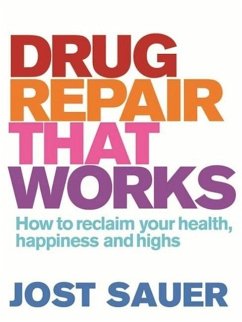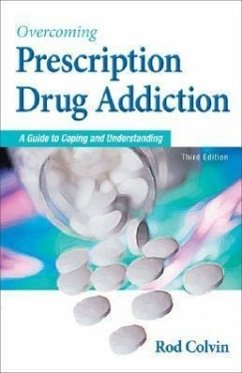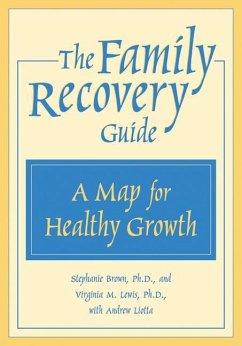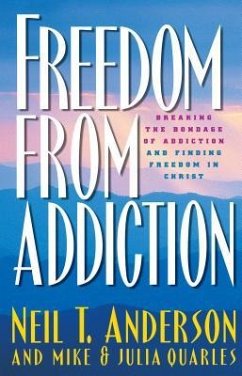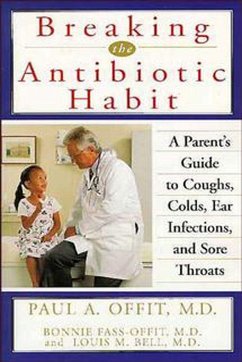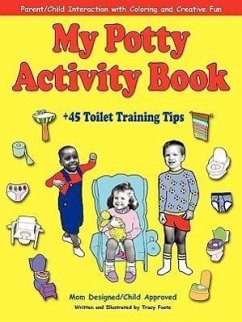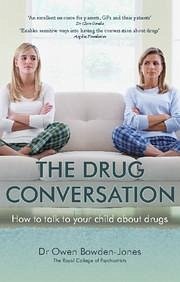
Versandkostenfrei!
Versandfertig in über 4 Wochen

PAYBACK Punkte
12 °P sammeln!




This book tells parents how to raise the thorny issue of drugs with their children and gives advice on ways to have this important conversation.
Dr Owen Bowden-Jones MSc FRCPsych MB ChB Lead Clinician for the Club Drug Clinic Addictions Directorate, Central and North West London NHS Foundation Trust. Consultant Psychiatrist and Honorary Senior Lecturer at Imperial College, London. Clinical Adviser at the Alcohol, Drugs and Tobacco Division of Public Health England. Owen says: "As a psychiatrist, I am interested in both the brain systems underpinning drug misuse and the psychological reasons for these problems. I believe my patients and their families deserve clear and up to date information to help them make decisions. This book will give you plenty of information to help you understand how drugs affect the brain, what problems they cause and possible solutions. The second reason for writing this book is that I am a parent. Like many parents, I worry about how I can best look after and support my children. Other parents clearly feel this too, and all ask me the same questions. How do I talk to my child about drugs? What should I look out for? Can I stop them from trying drugs? What should I do if I think they are using drugs?" More about Dr Bowden-Jones Dr Bowden-Jones is an addictions psychiatrist and researcher with over 20 years' experience of helping people with drug and alcohol problems, working at Imperial College, London. He founded and leads the Club Drug Clinic, a specialist service for users of so-called 'legal highs' and drugs such as MDMA, ketamine and mephedrone. He has pioneered approaches, co-designed with patients, to engage vulnerable groups using new technologies. Owen passionately believes in engaging the public in conversations about drug use and speaks frequently about his work to schools, universities, nightclubs, music festivals and conferences. He has contributed to articles for The Guardian, Independent, Observer, Times, and The Economist as well as appearing on BBC, Channel 4 and ITV. He has also addressed the United Nations. He has contributed widely to the media as Clinical Adviser to Public Health England and Associate Registrar for Policy at the Royal College of Psychiatrists. As a parent, he believes passionately in the power of communicating clear, accessible messages that all parents can convey using the best information to support an informed conversation about drugs.
Produktdetails
- Verlag: Royal College of Psychiatrists
- UK edition
- Seitenzahl: 172
- Erscheinungstermin: 26. Mai 2016
- Englisch
- Abmessung: 216mm x 167mm x 9mm
- Gewicht: 254g
- ISBN-13: 9781909726574
- ISBN-10: 1909726575
- Artikelnr.: 45156649
Herstellerkennzeichnung
Libri GmbH
Europaallee 1
36244 Bad Hersfeld
gpsr@libri.de
Für dieses Produkt wurde noch keine Bewertung abgegeben. Wir würden uns sehr freuen, wenn du die erste Bewertung schreibst!
Eine Bewertung schreiben
Eine Bewertung schreiben
Andere Kunden interessierten sich für


